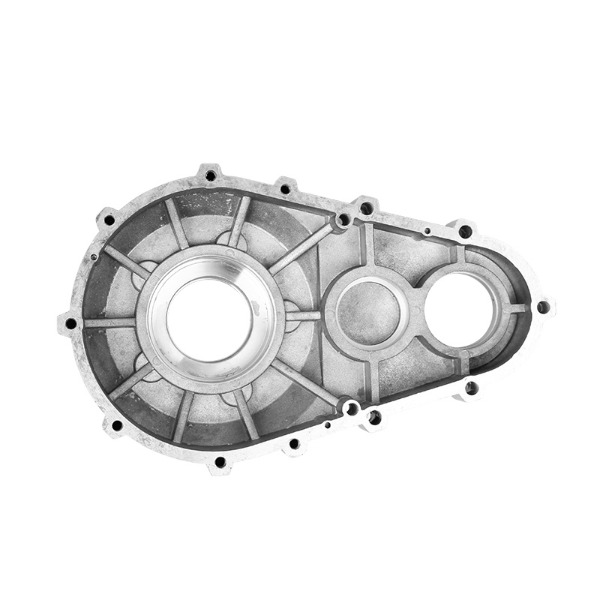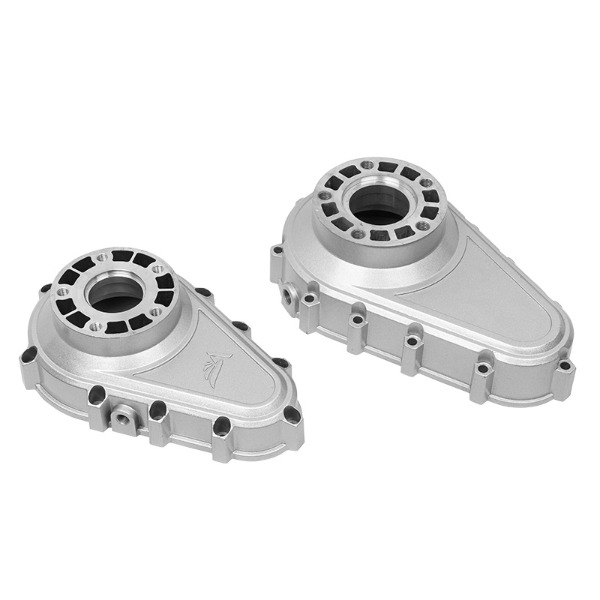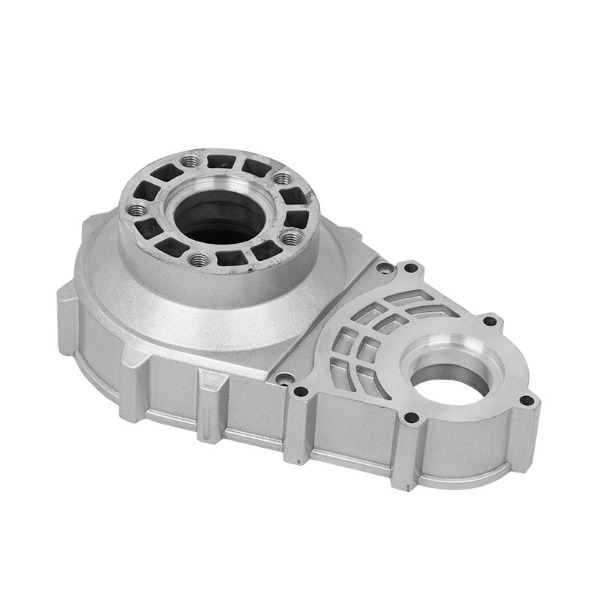Introduction:
In the constantly evolving world of manufacturing, the choice of materials plays a crucial role in determining the success of a product. One such material that has gained significant attention is magnesium aluminum alloy castings. With their exceptional properties and versatile applications, these castings have the potential to revolutionize the manufacturing industry. This article aims to explore the benefits and applications of
magnesium aluminum alloy castings and their impact on modern manufacturing.
Lightweight Strength:
One of the main advantages of
magnesium aluminum alloy castings is their remarkable strength-to-weight ratio. By combining magnesium and aluminum, these castings offer high strength while remaining lightweight. This makes them ideal for industries where weight reduction is crucial, such as aerospace and automotive manufacturing. Magnesium aluminum alloy castings enable the production of lighter, more fuel-efficient vehicles without compromising on structural integrity.
Excellent Thermal Conductivity:
Magnesium aluminum alloy castings possess excellent thermal conductivity properties. This makes them suitable for applications where heat dissipation is essential, such as electronic enclosures and heat sinks. The ability to efficiently transfer heat away from sensitive components improves overall performance and reliability.
Corrosion Resistance:
Another notable feature of magnesium aluminum alloy castings is their exceptional corrosion resistance. The combination of magnesium and aluminum creates a protective oxide layer on the surface, acting as a barrier against corrosion. This resistance to various corrosive environments makes these castings ideal for marine, chemical, and industrial applications, where exposure to moisture and harsh chemicals is common.
Enhanced Machinability:
Magnesium aluminum alloy castings exhibit excellent machinability, allowing for easy shaping, drilling, and milling during the manufacturing process. This feature reduces production time and cost, making these castings an attractive choice for mass production industries.
Wide Range of Applications:
Magnesium aluminum alloy castings find applications across various industries. In the automotive sector, these castings are used for engine components, transmission cases, and structural parts. Their lightweight nature and superior strength contribute to fuel efficiency and performance. In the aerospace industry, magnesium aluminum alloy castings are utilized in aircraft components, leading to reduced aircraft weight and increased payloads. Additionally, these castings are also found in electronic devices, sporting equipment, and medical instruments, benefiting from their exceptional properties.
Challenges and Considerations:
While magnesium aluminum alloy castings offer numerous advantages, several challenges must be addressed. Magnesium is highly reactive, making proper handling and storage essential to prevent corrosion. Additionally, specific design considerations are necessary to prevent galvanic corrosion between magnesium and other metals. Implementation of advanced coating and surface treatment techniques can mitigate these challenges.
Conclusion:
Magnesium aluminum alloy castings hold the potential to revolutionize the manufacturing industry, offering lightweight strength, excellent thermal conductivity, corrosion resistance, and enhanced machinability. The diverse range of applications further demonstrates the versatility of these castings. With proper handling and consideration of challenges, magnesium aluminum alloy castings can contribute to the development of superior and more efficient products across various industries. The future of lightweight manufacturing may very well lie in the utilization of magnesium aluminum alloy castings, paving the way for advanced and sustainable manufacturing processes.








